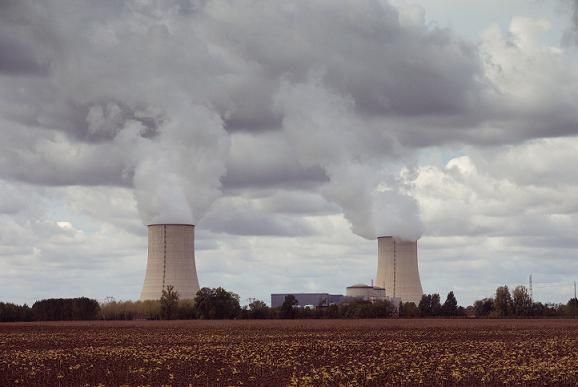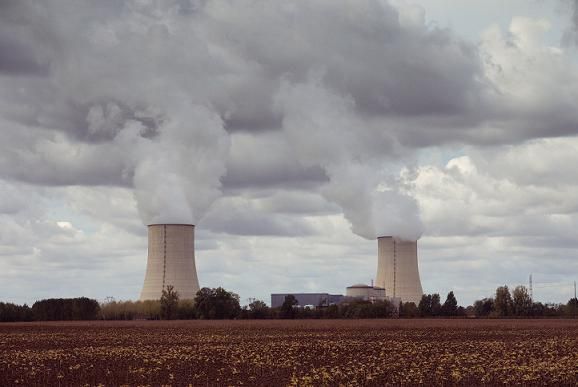EU nuclear stress tests need time
Safety tests on nuclear power plants across Europe will not provide any conclusions until the summer, the European Union (EU) Energy Commissioner has said. His remarks come just ahead of the year anniversary of the Fukushima disaster, the event to spark the EU’s extensive evaluation of nuclear power.


Safety tests on nuclear power plants across Europe will not provide any conclusions until the summer, the European Union (EU) Energy Commissioner has said. His remarks come just ahead of the year anniversary of the Fukushima disaster, the event to spark the EU’s extensive evaluation of nuclear power.
These nuclear ‘stress tests’ go beyond the ordinary checks carried out at the licensing phase or at periodic reviews. Plants that fail the test will be shut down, if it is not economically or technically viable to carry out upgrades.
The EU wants to establish if nuclear plants could withstand natural disasters, aircraft crashes and management failures. The investigation is also examining what systems are in place to deal with power disruptions.
“Thoroughness is more important than delivering quick results. Our multinational teams still need some time to finish the tests,” EU Energy Commissioner Guenther Oettinger said. “Not later than summer we will publish the results.”
The European Commission is expected to present its final report on the stress tests to the European Council in June 2012. However, the full process of evaluating the tests is not guaranteed to be complete by then.
Some countries are going further than the EU testing, with Germany last year pledging to phase out all atomic plants by 2022, and Italy voting to ban nuclear power for decades.
The tests are voluntary, as under the Lisbon Treaty nuclear power is within the remit of member states. However, all 14 EU member states have taken part, as well as Lithuania. Outside the 27 member-bloc, Switzerland and Ukraine have also participated.
The initial phase of testing gave nuclear plant operators until August last year to submit reports, based on a self assessment. National reports then had to be compiled and sent to the European Commission by the end of 2011. The final stage, peer reviews, commenced in January this year. This third phase includes a chance for more information to be requested from plant operators and for meetings to be held to review each country. A Commission proposal is expected to follow the test results, which could reform the EU nuclear safety legislation.
The stress tests offer the potential to reassure on nuclear safety well into the future, Oettinger claimed. He added that co-operation across the bloc on a sensitive issue was significant progress.
Image: 1banaan | flickr



